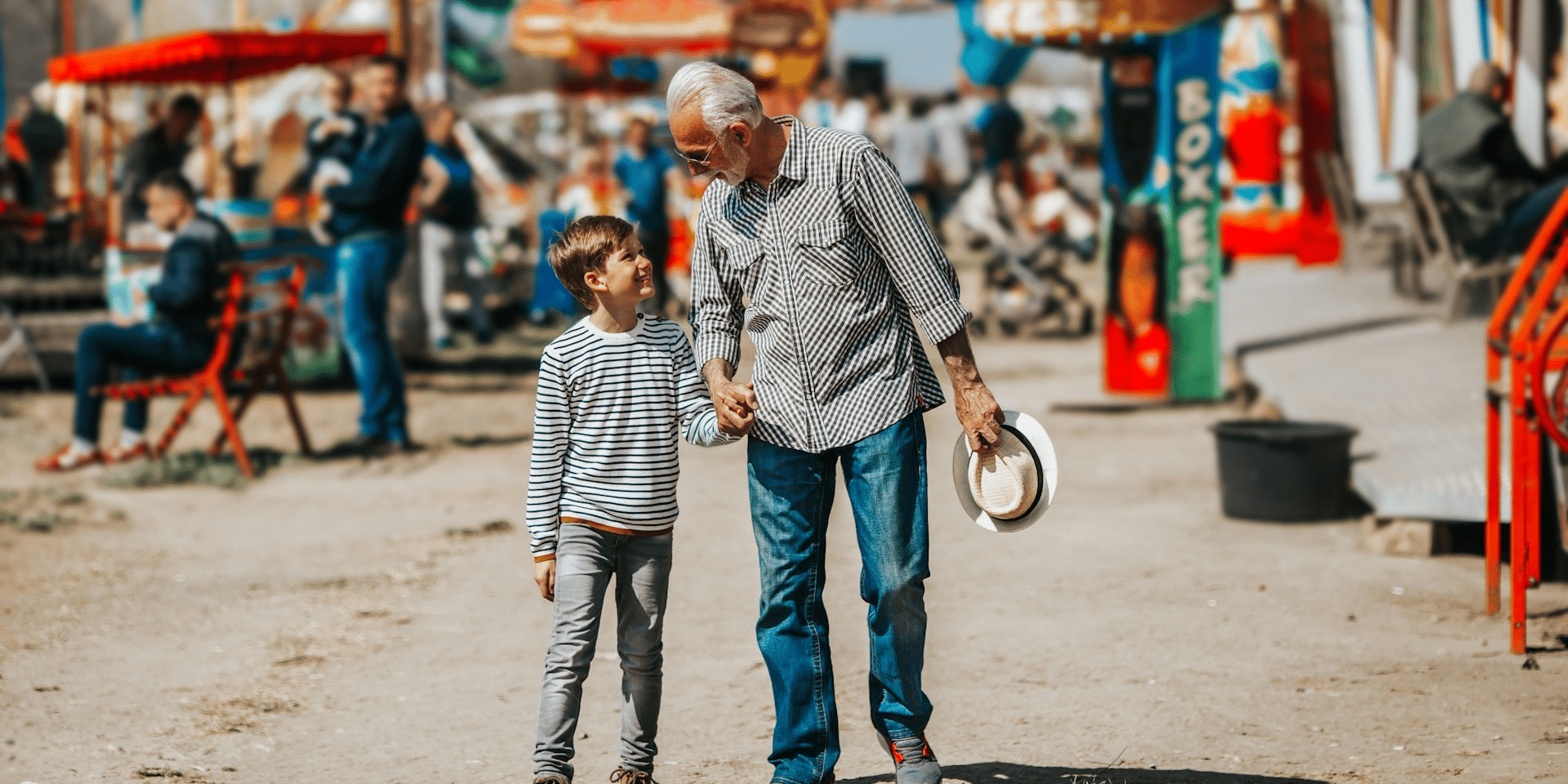The sudden loss of a loved one in a motorcycle accident is an unimaginably painful experience, leaving a void that words can’t quickly fill. As you navigate through the waves of grief, please know that you’re not alone. This article aims to offer guidance and support — a gentle hand to hold as you walk the difficult path ahead. Here, we will share compassionate insights and practical tips to help you and your family find strength and solace during this heartrending time.
Understanding the Grieving Process
Grief is deeply personal and manifests uniquely for every individual, particularly when coping with the sudden loss due to an accident. It’s important to be mindful of the stages of grief you might encounter:
- Denial: Initially, it may seem impossible to comprehend the reality of the loss. A buffer of disbelief can serve as a protective emotional cushion.
- Anger: This stage encompasses feelings of frustration and helplessness, questioning ‘Why me?’ or ‘Why them?’
- Bargaining: You might find yourself replaying the event, imagining scenarios where the outcome was different.
- Depression: Profound sadness sets in as the permanence of loss becomes more apparent.
- Acceptance: In time, this final stage involves finding a way to live with this new reality, though it doesn’t mean the pain is gone.
Remember, these stages are non-linear and might overlap. Embrace your personal journey through grief, allowing yourself the grace to heal at your own pace.
Immediate Steps After the Accident
The aftermath of an accident is chaotic, but here are some immediate steps that can bring order to the situation:
- Legal Procedures: Filing a police report and obtaining copies of any accident documentation is crucial.
- Funeral Arrangements: Give yourself permission to mourn and remember your loved one in a way that is meaningful to you.
- Personal Affairs: Securing personal items and estate affairs of the loved one might require immediate attention.
- Emotional Support: Connect with friends, family, or seek professional counseling to help process your emotions during this time.
Managing the immediate needs after losing someone can feel overwhelming, but take it step by step and don’t hesitate to ask for help.
Navigating Legal and Financial Concerns
Facing legal and financial concerns can feel daunting, especially amidst grief. Here’s an overview to guide you:
- Legal Steps: Engaging a lawyer specialized in motorcycle accidents can provide insight into any compensation or legal actions that may be pursued.
- Insurance Claims: Initiating insurance claims is a critical step and should be addressed promptly.
- Financial Implications: Keeping an eye on personal finances and understanding potential monetary impacts is advisable.
Dealing with these matters can add stress to an already difficult time. In seeking professional guidance, you can alleviate some of the burdens and gain clarity on how to move forward.
Seeking Emotional Support
In the aftermath of an accident that takes a loved one, emotional support becomes an essential part of the grieving process. Here are some steps to finding a support network:
- Counseling Benefits: Counseling offers a safe space to express your feelings and promotes healing from trauma and grief.
- Support Groups: Joining a support group connects you with others who have undergone similar experiences, fostering a sense of community.
- Therapy Options: Different therapy modalities, such as Cognitive Behavioral Therapy (CBT), can offer tailored approaches to deal with your loss.
Choosing the right support network involves research and sometimes trial and error. Start by asking for referrals from your healthcare provider or friends, and don’t hesitate to meet with a few counselors or attend different groups before deciding on the best fit for your needs.
Self-Care and Coping Strategies
Taking care of your own emotional and physical well-being is vital during this period of mourning, with several strategies you can employ:
- Acknowledge Pain: Allow yourself to feel the heartache without judgment or a rush to ‘get over it’.
- Healing Time: Healing is not linear; grant yourself the time you need to recover without timelines or expectations.
- Engaging Activities: Find solace in hobbies or activities that bring you peace, be it reading, gardening, or listening to music.
Healthy coping mechanisms such as journaling, regular exercise, or establishing new routines can provide a constructive outlet for your emotions and contribute to the healing journey.
Honoring and Remembering Your Loved One
Keeping the memory of your loved one alive can play an integral part in the healing process:
- Memory Book: Assemble photos, stories, and mementos into a memory book as a lasting tribute.
- Charity Involvement: Participate or organize charity rides or events in their honor to celebrate their life and passions.
- Acts of Remembrance: Small acts, like planting a tree or dedicating a bench, can serve as a personal place of reflection and remembrance.
Memorializing your loved one is an individual process and plays a role in finding meaning after loss. Whatever form it takes, it is an enduring part of your journey towards healing.
Looking Ahead: Moving Forward Without Moving On
As you navigate through your grief, it’s important to realize that moving forward is not the same as moving on. You will carry the memory of your loved one with you as you adapt to a “new normal.” Here are a few suggestions to help you along this path:
- Embrace Change: Understand that life will be different, and that’s okay. Embracing changes doesn’t mean you are leaving behind memories.
- New Traditions: Create new traditions that honor your loved one, integrating their memory into your daily life.
- Continued Bonds: Find comfort in maintaining a connection by speaking to them, cooking their favorite meal, or celebrating their birthday.
Life after loss is about finding balance—allowing yourself to grieve while also giving yourself permission to live and find joy.
Conclusion
In closing, hold onto the message of hope and resilience. The journey through grief is a deeply personal one, fraught with challenges but also the potential for growth and renewal. You are not alone in your sorrow, and with each passing day, your capacity to handle this loss will strengthen. Allow yourself to smile, to laugh, and to find beauty in the world again, all the while keeping the essence of your loved one folded gently into your heart.
We hope these words offer comfort and encouragement as you find your way forward, carrying the love and legacy of your loved one with every step.
Published By: Aize Perez
















